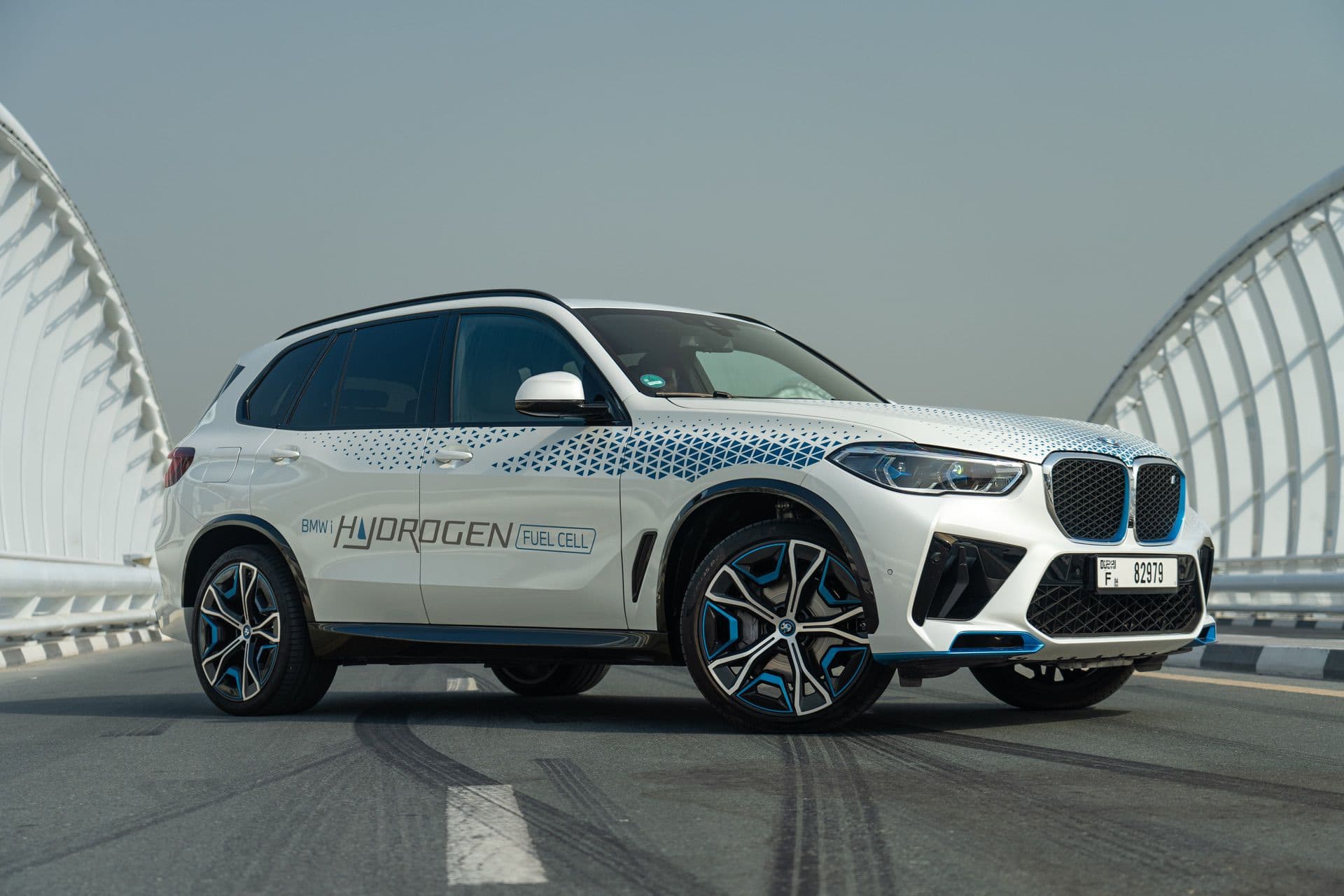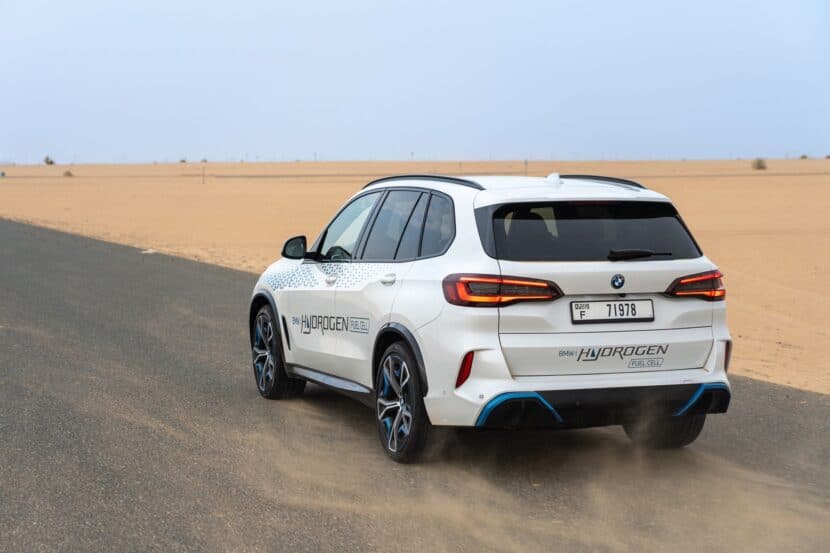When you think about it, the development of a car never really ends. When an automaker publicly introduces a new model, it already has firm plans about updating it later in the life cycle. In some cases, a replacement is already in the works. With that in mind, it shouldn’t come as a surprise BMW is working on the next-generation X5 even though the current “G05” model was updated just last year.
BMWBLOG was the first to report about the “G65” internal designation given to the future German luxury SUV. Sources now say that the Audi Q7/Mercedes GLE rival might stand out from the crowd by offering a fuel cell setup. We’ve heard through the grapevine a new iX5 Hydrogen is being considered and could launch by 2027 after the fifth-gen X5 is expected to hit the market.
The current-generation X5 has already received a hydrogen setup but the iX5 is not available in showrooms. Instead, BMW has built a test fleet of fewer than 100 units that are being evaluated around the world. The company’s hydrogen efforts trace their roots to the 1970s with an E12 5 Series. There have been several experimental prototypes throughout the years, and it looks as though a production model might just happen in a few years.
Although BMW has already confirmed the Neue Klasse platform will support hydrogen vehicles, the future X5 will stick to the tried-and-tested CLAR underpinnings. The architecture has already been adapted for a fuel cell, and is expected to be improved should the “G65” get a hydrogen variant people will be able to buy. Of course, it’s also likely that they are at least considering the hydrogen tech on Neue Klasse as well.
The next X5 might have more than one electric version since aside from an iX5 Hydrogen, there could also be a conventional EV with batteries. That would make sense since BMW USA has already announced it will produce at least six purely electric models in Spartanburg by the end of the decade. The X5 rolls off the assembly line at the factory in South Carolina. A hydrogen variant would line up with a statement made by BMW Group chairman Oliver Zipse: “In this decade there will be a viable product from BMW with hydrogen. You will see that.”
Conventionally powered X5s will have a mix of six- and eight-cylinder engines, although Europe is likely to miss out on the brawny V8 due to stricter emissions regulations. On the Old Continent, BMW is probably going to focus on a rich variety of plug-in hybrids. Time will tell whether a diesel is still going to be offered seeing as how EVs already outsold diesel cars in Europe last year, according to data published by the European Automobile Manufacturers’ Association (ACEA).






































































